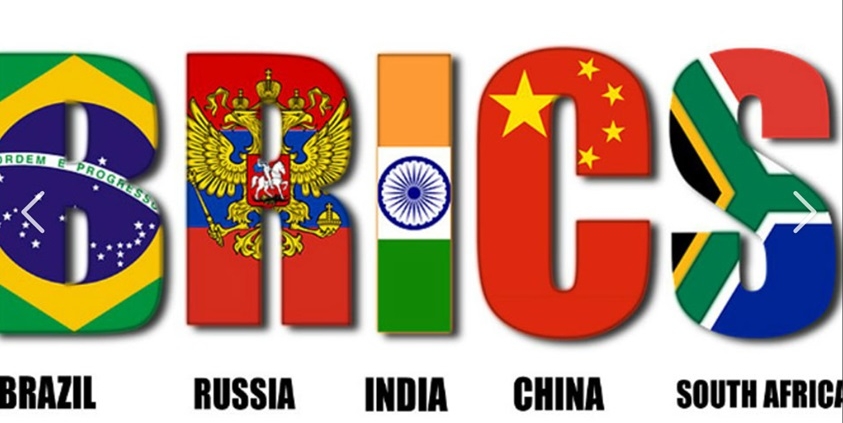Ethiopia’s Challenging Start as a New BRICS Member Amid Economic and Geopolitical Strains
Ethiopia’s entry into BRICS as a new member has been marred by economic challenges and geopolitical tensions. Recently downgraded to “restricted default” by Fitch, Ethiopia struggles with heavy foreign debt, a lack of foreign currency, and rampant inflation. Joining BRICS offered a diplomatic boost, as expressed by Finance Minister Ahmed Shide, emphasizing the importance of relations with these rapidly growing economies. However, Ethiopia’s economic stability is precarious, exacerbated by the aftermath of the COVID-19 pandemic, climate change, and global conflicts.
The two-year war in Tigray has further strained Ethiopia’s economy, with reconstruction costs estimated at $20 billion. This conflict altered Western perception of Prime Minister Abiy Ahmed, leading to reduced development cooperation from the USA, though Germany continued its support. The war’s impact on trade routes and agriculture has heightened famine risks in Tigray and Amhara.
Adding to the complexity, Ethiopia’s recent agreement with Somaliland for port access has sparked tensions with Somalia. Ethiopia’s ally, the United Arab Emirates, also a new BRICS member, supports this move aimed at boosting trade and economic recovery.
Ethiopia’s BRICS membership could offer alternative financing opportunities through the New Development Bank (NDB), potentially reducing reliance on Western-imposed conditions for IMF credit. Analysts suggest that Ethiopia should remain flexible in its approach to international politics and economics, as it navigates its vulnerable position amidst these new alliances and ongoing challenges.







 Reuters
Reuters

 Wikipedia
Wikipedia Top10VPN
Top10VPN
Leave a Reply
Want to join the discussion?Feel free to contribute!